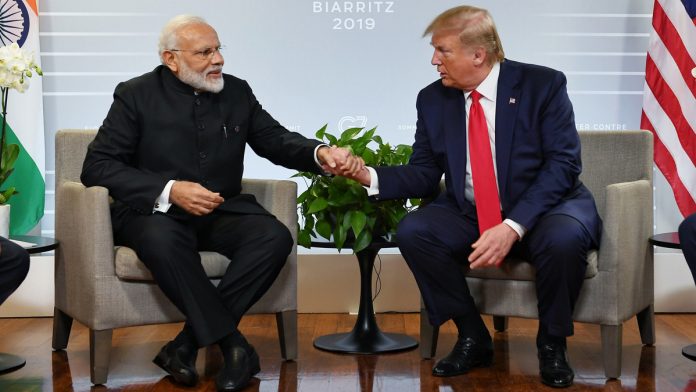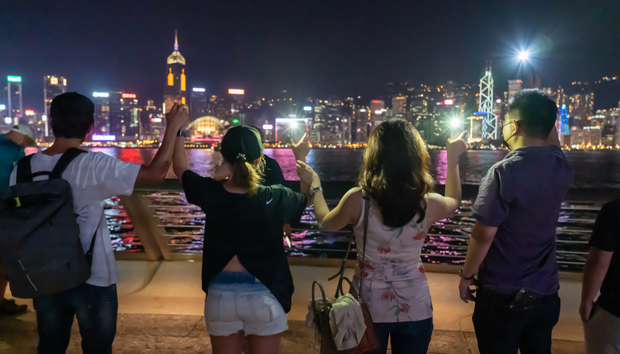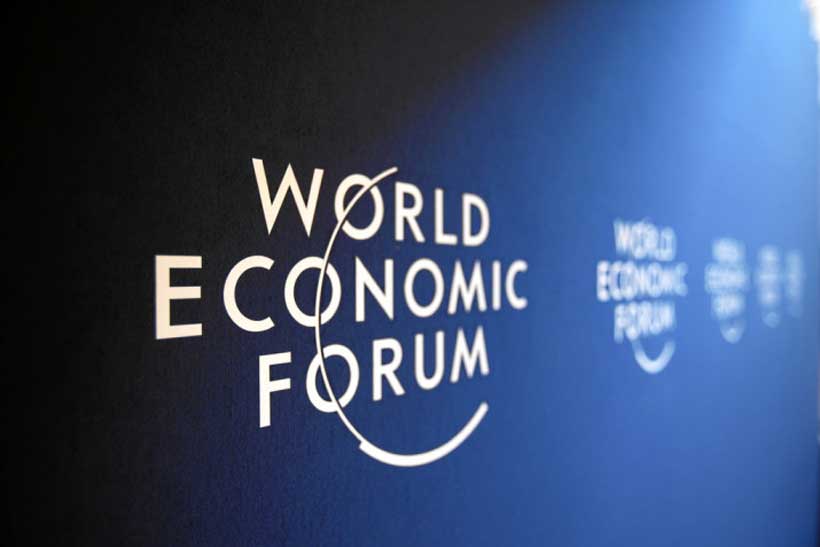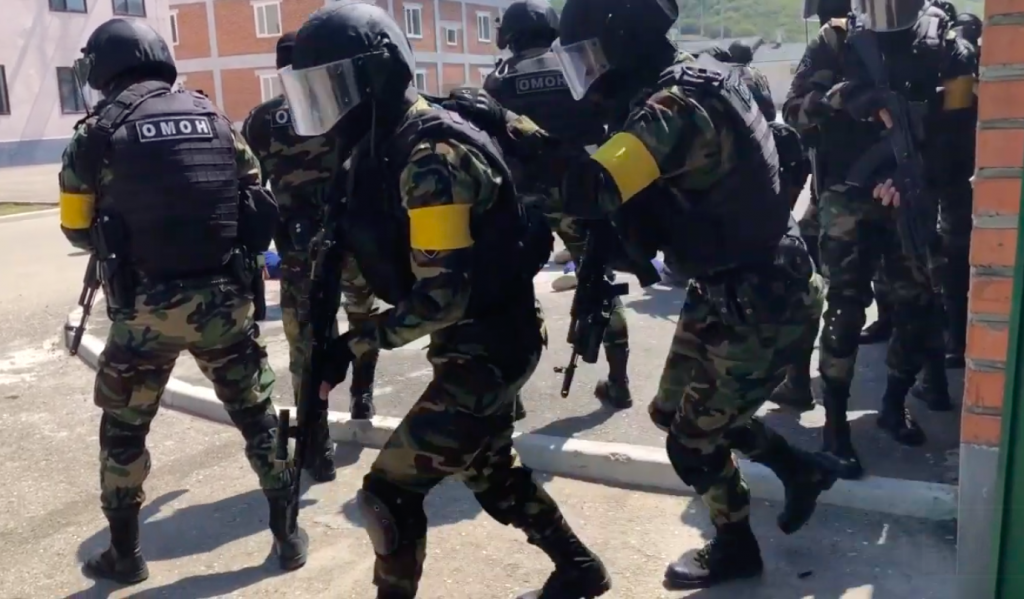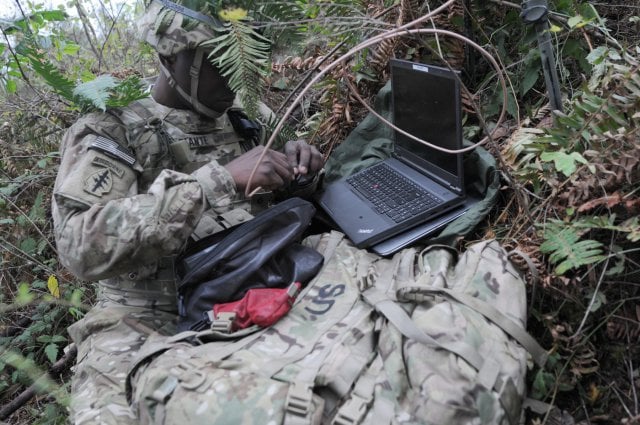BRAHMA CHELLANEY
NEW DELHI – The Indian government’s recent decision to revokeKashmir’s special semi-autonomous status has raised fears of yet another conflict with Pakistan over the disputed territory. But in order to understand the implications of the events unfolding in Kashmir – a heavily militarized geopolitical tinderbox situated at the crossroads of central Asia – it is essential to dispel the many myths and misunderstandings surrounding it.
The first myth relates to the name itself. While news reports focus on the “Kashmir region,” they often fail to note that Kashmir is only a small slice of the affected territory, called Jammu and Kashmir (J&K), which also includes the sprawling areas of Ladakh and Gilgit-Baltistan.
Moreover, calling J&K a “Muslim-majority” region fails to reflect just how ethnically, culturally, and religiously diverse it is. Indeed, while Kashmir is majority Muslim, Jammu is majority Hindu; and the vast, sparsely populated Ladakh is traditionally Buddhist. Gilgit-Baltistan is also predominantly Muslim – Shia Muslim, to be precise (though Pakistan’s government has for decades been encouraging Sunni Muslims to relocate there and gradually form a majority).
